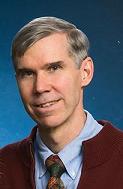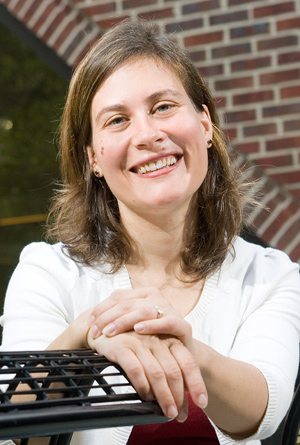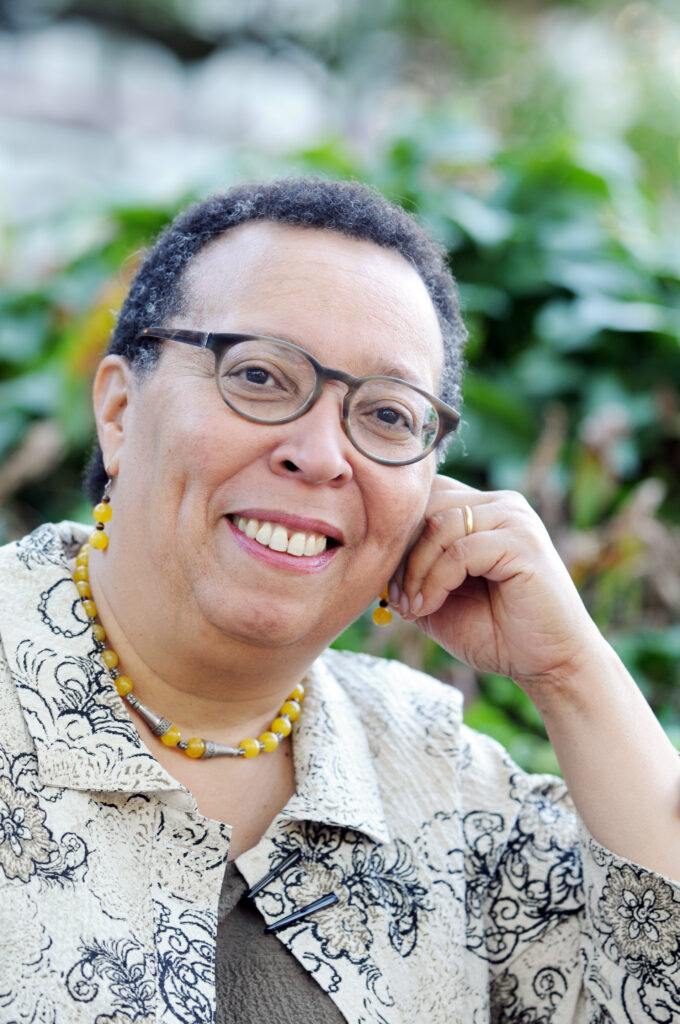Creating Opportunities for Youth to Lead: The Critical Role of Adult Allies
Dec. 5, 2014 | Columbus, OH
The 2014 Adult Leader Summit focused on the role of adults in youth-led programs, the necessity of inclusivity, and the value
of collective impact for youth-led programs.
Speakers

Reed Larson
Reed Larson is a professor in the Departments of Human and Community Development, Psychology, and Educational Psychology at the University of Illinois at Urbana-Champaign. His research focuses on the daily developmental experiences of adolescents, particularly in the context of youth development programs and families. He is author of Divergent Realities: The Emotional Lives of Mothers, Fathers, and Adolescents and Being Adolescent: Conflict and Growth in the Teenage Years. He has served as the President of the Society for Research on Adolescence and Editor-in-Chief of New Directions for Child and Adolescent Development.
Intro and Reed Larson explores insights on the role played by adults in youth-led programs.

Katie Richards-Schuster
Katie Richards-Schuster is a professor in the School of Social Work and Director of the Community Action and Social Change minor at the University of Michigan. Her work focuses on understanding the strategies and approaches for engaging young people in communities, the contexts and environments that facilitate youth engagement across settings, and the impact of youth participation in creating community change. She is a leading scholar in using participatory research and evaluation approaches with young people and communities. Her current projects involve a metropolitan youth-led assessment of social justice, a study of strategies for youth participation in educational justice, an assessment of critical youth media as a tool for social work and an exploratory study on the development of youth advisory committees in a variety of institutional and governmental settings.
Katie Richards-Schuster shares lessons learned from adult facilitators and youth leaders involved in youth-led programs.

Bianca Baldridge
Bianca J. Baldridge, PhD has been a community educator within out-of-school time community based programs for over ten years. Her experience as an instructor, curriculum developer, and consultant to community youth programs has informed her research in profound ways. She studies the experiences of youth and educators within community-based educational spaces. More broadly, Bianca’s research interests are in community and school partnerships, after school education, sociology of youth, race and education, urban schooling, critical pedagogies, activism of Black youth, and youth literacy practices in out-of-school contexts.
Bianca Baldridge guides summit participants as they learn more about creating inclusive environments in youth-led programs.

Karen Pittman
Karen Pittman has made a career of starting organizations and initiatives that promote youth development – including the Forum for Youth Investment, which she co-founded with Merita Irby in 1998. A sociologist and recognized leader in youth development, Karen has written three books and dozens of articles on youth issues. She is also a respected public speaker and has served on numerous boards and panels, including those of the Kauffman Foundation, the Educational Testing Service, the National Commission on the Senior Year of High School, the National Center for Children in Poverty, National Collaboration for Youth, and the High/Scope Educational Research Foundation Board. She currently sits on the America’s Promise Board of Trustees and YouthBuild USA. Karen has been honored with the National Commission for African American Education Augustus F. Hawkins Service Award (2002), the American Youth Policy Forum Decade of Service Award for Sustained Visionary Leadership in Advancing Youth Policy (2003), the Healthy Teen Network Sprit of Service Award (2007), The Non Profit Times’ Power & Influence Top 50 (2009), and most recently, was named one of the 25 most influential leaders in Afterschool by the National Afterschool Association.
Karen Pittman explains the concept of collective impact as it relates to the work done by youth-led programs.

